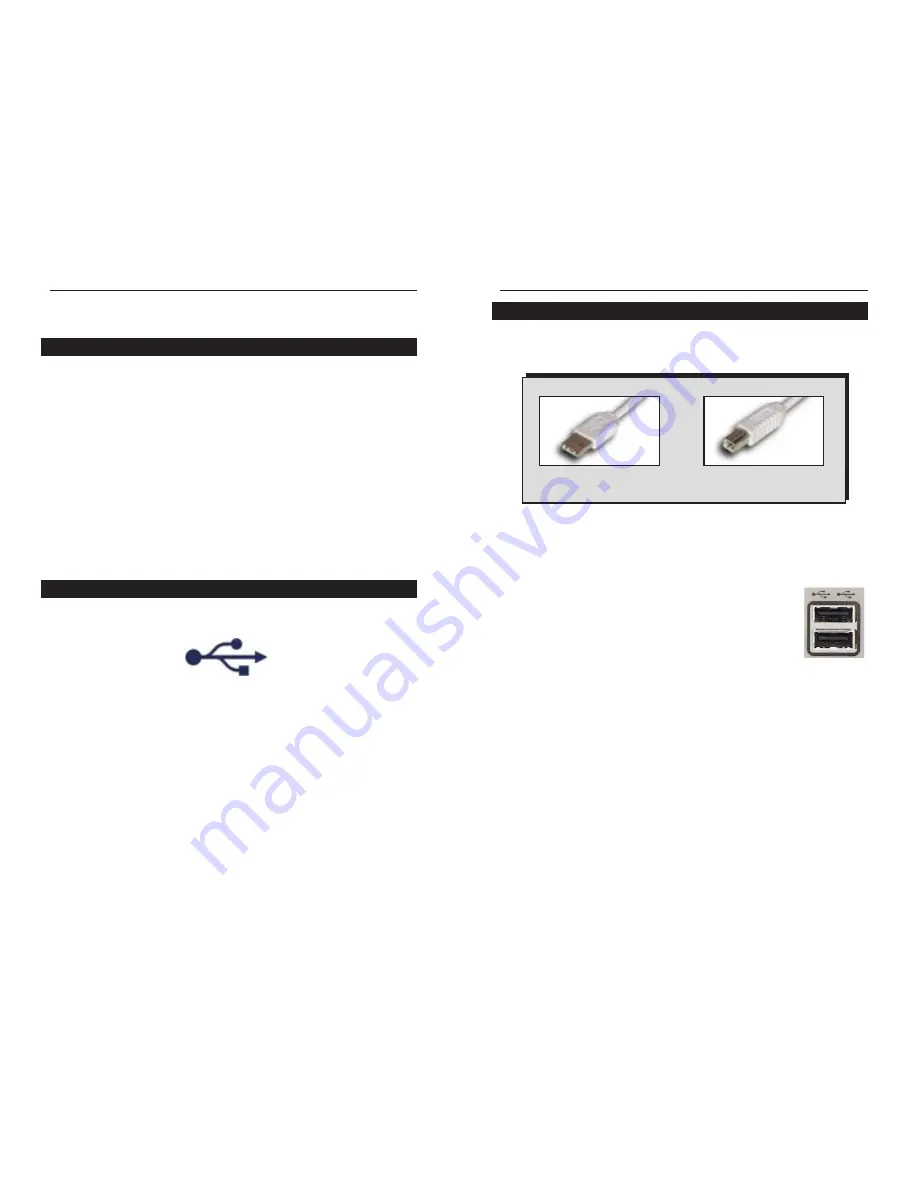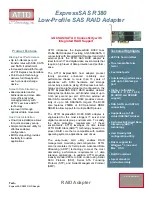
Wireless USB Adapter
5
Network Everywhere
®
4
Chapter 3: About USB
USB, which is short for Universal Serial Bus, is a technology designed to
make it easier to connect devices to computers. First developed in 1996 by a
group of computer industry leaders that included Compaq, Digital, IBM, Intel,
Microsoft, NEC, and Northern Telecom, USB is one of the most widely used
technologies for users who want to add peripherals to their computers.
USB is unique because it is Plug-and-Play, which allows a computer to instant-
ly recognize when a device like a keyboard, mouse, or scanner has been con-
nected to it. Once the device has been recognized, it’s ready to go—no special
setup is required. Similarly, USB supports hot-swapping, the insertion or
removal of devices while the computer is turned on. You can swap one device
for another without having to power down your system or install any special
software—it really is that easy.
The USB 1.1 standard supports two speed modes, 1.5 and up to 12Mbps.
The USB icon marks a USB port on a PC or device.
Figure 3-1
Overview
USB Icon
There are two kinds of USB connectors, Type A and Type B. Type A is a rec-
tangular connector, and Type B is a square connector.
The USB cable that comes with the Adapter has a Type A connector on one end
and a Type B connector on the other end. The Type A connector plugs into the
PC’s USB port, and the Type B connector plugs into the Adapter.
Figure 3-3 shows two USB ports as they might appear on your
computer. Note the two USB icons marking the ports.
Figure 3-2
USB Cabling
Figure 3-3
USB Type A
USB Type B






































